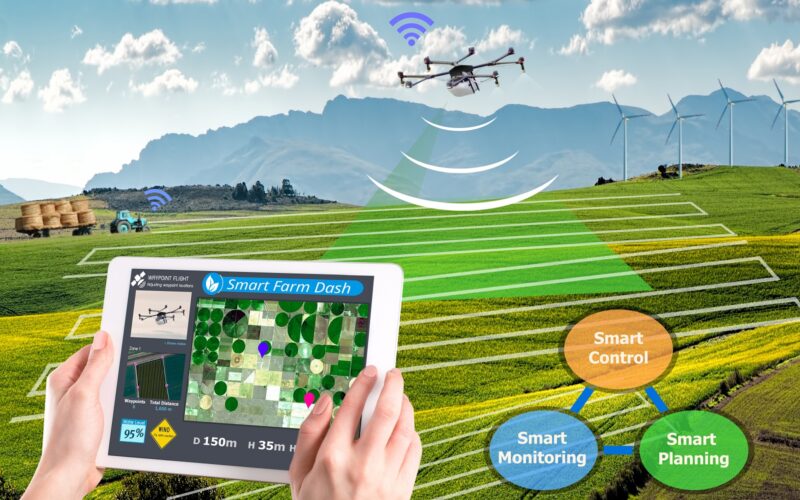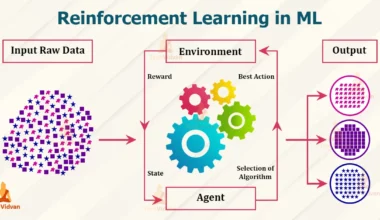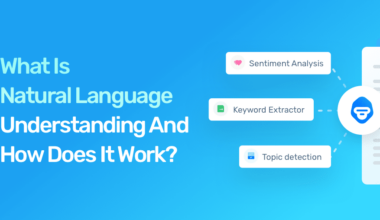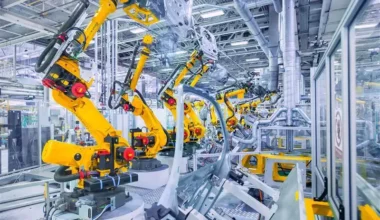Precision agriculture is a rapidly growing field that is revolutionizing the way farmers manage their land. By using a variety of technologies, precision agriculture allows farmers to collect and analyze data about their crops and soil, and then use that data to make more informed decisions about how to manage their farms.
There are many benefits to precision agriculture, both for farmers and for the environment. Some of the key benefits include:
- Increased yields: Precision agriculture can help farmers increase their yields by up to 20%. This is because farmers can use the data they collect to target their inputs more precisely, ensuring that they are only applying the right amount of fertilizer, water, and pesticides where it is needed most.
- Reduced costs: Precision agriculture can also help farmers reduce their costs by reducing the amount of inputs they use. This is because farmers can use the data they collect to make sure that they are not over-applying inputs, which can lead to waste and pollution.
- Improved soil health: Precision agriculture can help to improve soil health by reducing the amount of tillage that is required. Tillage can damage soil structure and reduce the amount of organic matter in the soil, which can lead to erosion and nutrient loss. Precision agriculture can help to reduce tillage by using technologies such as variable rate fertilizer application and GPS-guided planting.
- Reduced environmental impact: Precision agriculture can help to reduce the environmental impact of agriculture by reducing the amount of fertilizer, water, and pesticides that are used. This can help to protect water quality, reduce greenhouse gas emissions, and conserve wildlife habitat.
- Improved decision-making: Precision agriculture can help farmers to make better decisions about how to manage their farms. This is because farmers can use the data they collect to identify areas of their farm that are underperforming, and then take steps to improve those areas.
Overall, precision agriculture offers a number of benefits for farmers, the environment, and society as a whole. As the technology continues to develop, it is likely that precision agriculture will become even more widely adopted, leading to even greater benefits for all.
In addition to the benefits listed above, precision agriculture can also help farmers to:
- Improve crop quality: By using data to target inputs more precisely, farmers can improve the quality of their crops. This is because they can ensure that their crops are getting the right amount of nutrients and water, which can lead to better yields and higher quality produce.
- Reduce labor costs: Precision agriculture can help to reduce labor costs by automating some of the tasks that are currently done by hand. For example, GPS-guided tractors can automatically plant seeds and apply fertilizer, which can save farmers time and money.
- Increase efficiency: Precision agriculture can help farmers to be more efficient in their use of resources. This is because they can use the data they collect to make sure that they are only applying the right amount of inputs where they are needed most. This can lead to savings in terms of time, money, and resources.
As you can see, there are many benefits to precision agriculture. If you are a farmer, you should consider whether precision agriculture is right for you. The technology can help you to improve your yields, reduce your costs, and protect the environment.
Here are some of the challenges that are associated with precision agriculture:
- Cost: The upfront cost of precision agriculture technology can be high. However, the long-term benefits of precision agriculture can outweigh the initial costs.
- Data management: Precision agriculture requires a lot of data to be collected and analyzed. This data can be difficult to manage, and it is important to have the right tools and software in place to do so.
- Adoption: Precision agriculture is still a relatively new technology, and not all farmers are familiar with it. It is important to educate farmers about the benefits of precision agriculture in order to encourage adoption.
Despite these challenges, precision agriculture is a promising technology with the potential to revolutionize the way we farm. As the technology continues to develop, it is likely that the benefits of precision agriculture will become even more pronounced.











